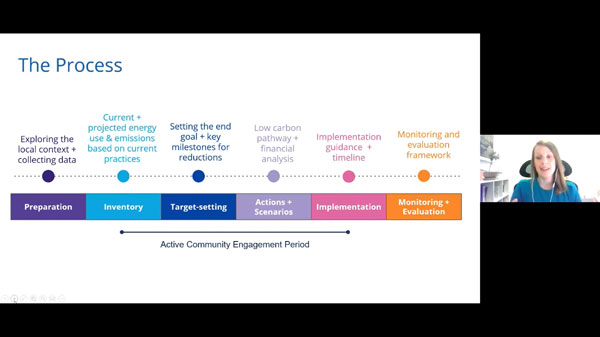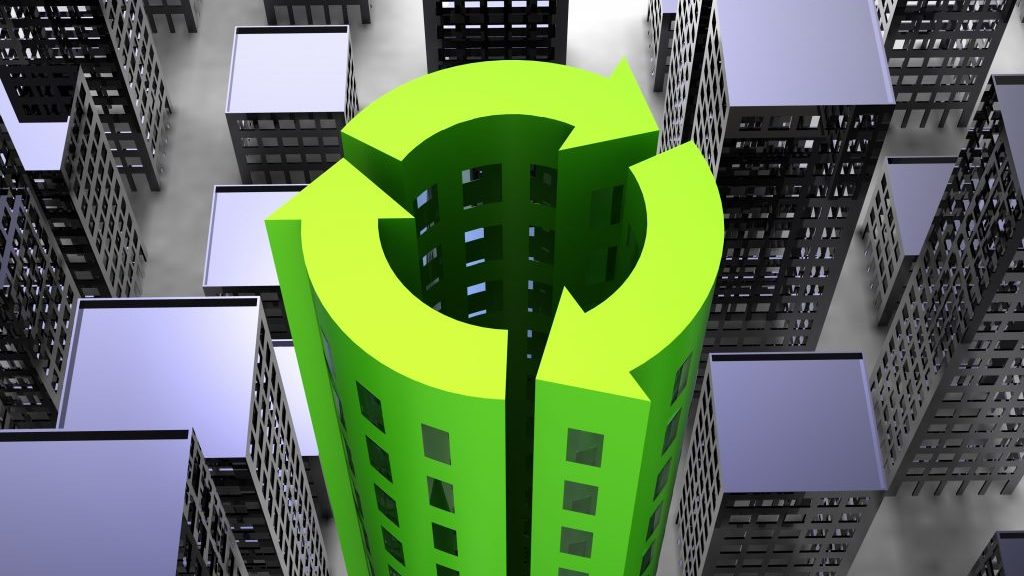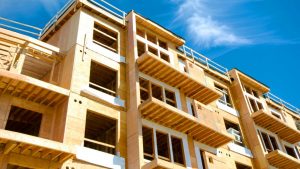Regina is looking to be net-zero by 2050.
The city released its proposed Energy and Sustainability Framework, which outlines how it aims to hit that target set by council in 2018. The framework will be considered by city officials later this month at a special meeting of the executive committee.
The plan includes significant involvement from the construction sector as it looks to utilize building retrofits, clean heating, net-zero for new builds, renewable energy generation and more. These are what the plan refers to as some of the “big moves” needed to achieve the 2050 goal.
The plan was developed by environmental consultants Sustainability Solutions Group (SSG) over the past year. The team is using a six-phase process that includes local data collection, inventory of current projected emissions, target setting, a low carbon pathway and financial analysis, implementation guidance and times, and a monitoring framework. The group has done similar processes for dozens of other cities.
“This low carbon pathway really reflects the community’s hopes and aspirations,” said Brittany MacLean, an SSG consultant, during a public information session on the plan earlier this month. “The framework reflects the local context in Regina and a significant amount of engagement was done throughout this project.”

She added in addition to reducing emissions, the economic activity generated from the plan will be tremendous. SSG’s research shows the plan could create more than 4,000 jobs and 120,000 person-years of employment by 2050.
During the session, the city’s manager of energy and sustainability solutions Greg Kuntz stated that over the decades the plan is implemented, it will remain flexible for any new solutions that arise – especially those in the construction and energy sectors.
“We will be engaging a lot more with the building community and engineers just so that if there are other options, we can make those available and educate on them as well,” said Kuntz. “We are willing to explore those options with the community as we move forward.”
By 2030, the actions taken in the framework are expected to slice the city’s emissions by 52 per cent and cut energy use by 24 per cent, even with projected population growth.
Officials also predict it will generate an estimated $12.5 billion in financial returns for the community by 2050.
The framework calls for a multi-faceted approach, included changes to the built environment. First it would create a retrofit program to make homes and buildings more energy efficient. The plan notes programs designed for building retrofits can be combined with fuel-switching as well as renewable energy programs and initiatives for a greater impact on emissions reductions.
The goal of the program would be to retrofit existing buildings to make them 50 per more energy efficient while achieving 10 per cent in electrical savings.
By 2030 for pre-1981 residential; by 2035 for 1981-2016 residential and industrial commercial institutional.
The plan also calls for a fuel-switching program that includes the installation of air- or ground-source heat pumps and electric water heaters. This program would increase energy efficiency in homes and buildings, decrease energy costs and enable emissions reductions as Regina’s power grid infrastructure becomes renewable. The city intends to set an example by installing heat pumps in its own buildings and publishing their performance.
For new buildings, the city is looking to encourage net-zero construction. The plan calls for achieving 50 per cent net-zero new construction by 2026 and to 100 per cent by 2030. The city noted all new commercial and industrial buildings will be net-zero energy ready by 2030, according to the progressive tiers of the National Energy Code for Buildings.
The plan intends to assist the building sector by reducing regulations, providing financial incentives or acting as a developer.
It highlighted low-income and/or social housing as a potential focus of these types of projects. The city stated it will assist the development community by providing clarity around regulations, policies and bylaws that will impact the building sector.
Follow the author on Twitter @RussellReports.









Recent Comments
comments for this post are closed